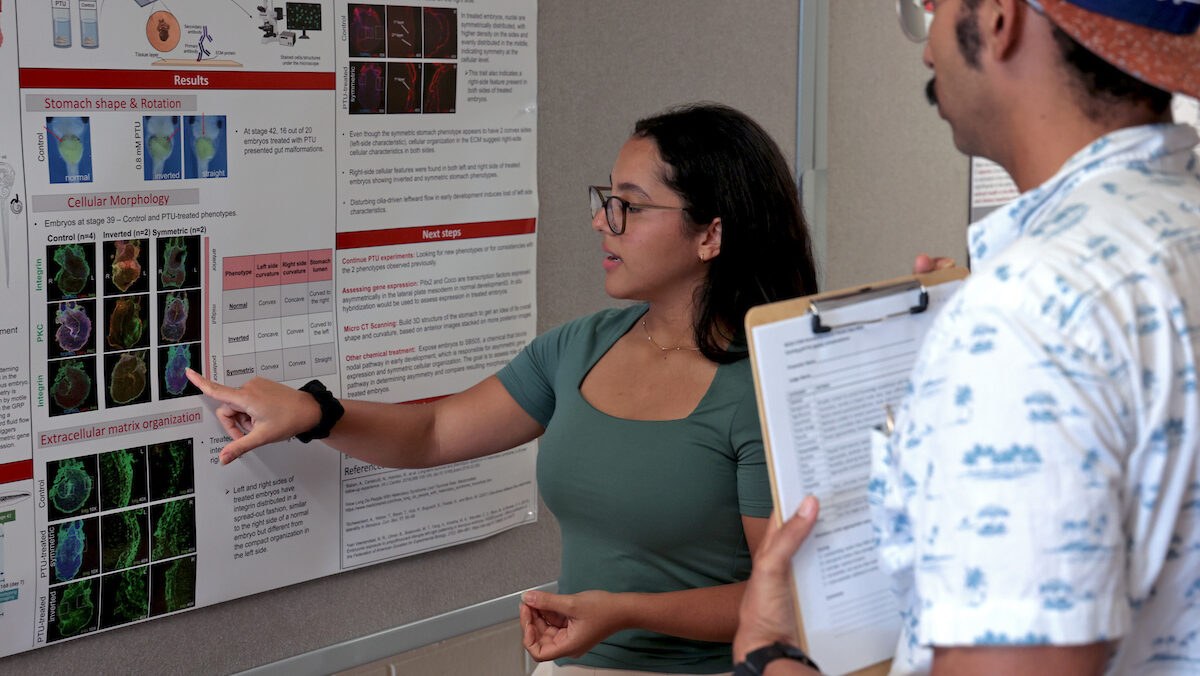CCMTR Lab Discovers New Bartonella Species that Infects Humans
Dr. Edward Breitschwerdt, professor of internal medicine at North Carolina State University’s College of Veterinary Medicine, and research colleague Dr. Ricardo Maggi have produced the first link between a species of bacteria most commonly found in sheep and human illness.
The research marks the first time that this particular strain of Bartonella has been cultured from human blood and associated with human illness.
The two researchers in the NC State’s Center for Comparative Medicine and Translational Research–with support from scientists at the Centers for Disease Control and Prevention (CDC)–have isolated the bacterium Bartonella melophagi from samples of human blood.
B. melophagi is such a newly discovered member of the genus Bartonella it is considered a "Candidatus" species, meaning that its name has yet to be formally accepted. In nature, sheep are the most likely hosts for B. melophagi and transmission among sheep is thought to occur via a wingless fly known as a ked. The route(s) of transmission to humans is unknown.
The results are published in the article, "Isolation of Candidatus Bartonella melophagi from Human Blood," in the January edition of the CDC journal Emerging Infectious Diseases. A pdf of the article is available here.
"Over the past decade, there has been a rapid expansion in the number of Bartonella species that are documented human pathogens," Dr. Breitschwerdt says. "From this preliminary data, it looks as though we may be able to add another species to that list."
Updated Jan. 23, 2009


